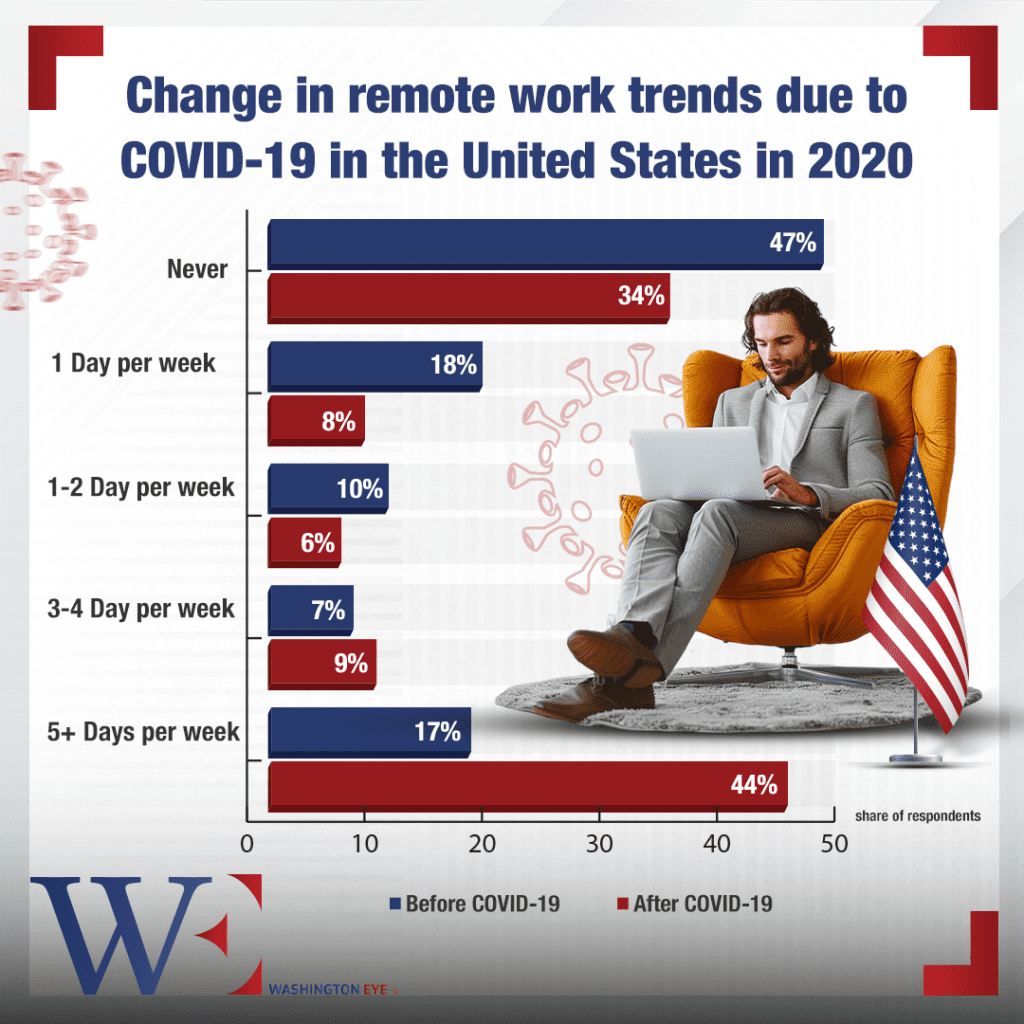A global pandemic was something unforeseen and shocking to the world at large. The losses were hard to measure, and the economy experienced massive turbulence. This was also when remote working emerged as a new reality. Some companies had to adapt quickly to keep the work going—though not all industries could accommodate remote work, office jobs primarily did.
Many employees valued this flexible work style, while others found it challenging to maintain boundaries between work and personal life. Now, three years later, we’re seeing many companies move away from remote work and ask employees to return to the office. It appears there is a hidden message of mistrust coming from the employer’s side. This indicates a significant mismatch between what employers want and what their workers desire—yet many bosses are forging ahead with the return to on-site work.
It’s disappointing to see a culture still prevailing that doesn’t promote a balanced work-life environment. The hours spent commuting could be used for rest and enhancing productivity. Years ago, full-time remote work was a privilege reserved for specific arrangements. The pandemic, however, changed this dynamic, sending a substantial portion of the workforce home—especially in knowledge-work sectors.
According to a July 2022 study by consulting firm McKinsey & Company, 40% of 13,382 global workers cited workplace flexibility as a top motivator in staying at a role, just behind salary (41%), while 26% indicated that a lack of flexibility was a major factor in leaving their last position. Many executives believe that in-office work is more productive, fosters better relationships, and leads to better outcomes. Mark Zuckerberg, CEO of Facebook, was one of the latest leaders to announce this stance:
“I believe that connecting in person is critical for building a shared sense of purpose and community. It helps in building deeper relationships and allows for real-time problem-solving and creativity.”
The Challenges of Remote Work
While remote work offers many benefits, it also presents challenges. One significant concern is the potential for social isolation and decreased collaboration among team members. A 2022 survey by Buffer found that loneliness and a lack of social interaction were the top two challenges faced by remote workers.
Furthermore, remote work can make it difficult to maintain a clear work-life boundary, leading to burnout and decreased job satisfaction.
Some open-minded companies are adapting hybrid models, but many executives remain fixed on the idea that in-person work is more beneficial for collaboration and communication. They also argue it enhances team bonding and establishes clear codes of procedure. However, it’s sad to see that inflexible, rigid work processes often stem from micromanagement practices.
So, what kills two birds with one stone? For companies, a hybrid model can help save on electricity bills, and for employees, it can reduce commuting costs. A hybrid model offers options for employees to choose how they prefer to work, providing the comfort and quietness of their home compared to noisy, distracting open spaces that can hinder concentration. Can a remote worker be distracted? Absolutely! Issues like a sick child or other family concerns can divert focus, but most of these distractions begin in the mind.

As one wise professor once said, “Life defines work environment requirements.” If a professional is an asset, a smart company will make the necessary adjustments to meet their needs. People working in these companies often have partners, children, or elderly parents who need care—no job should ever interfere with that. The pandemic should have already taught us this.
The Future of Work
As the world continues to evolve, so too will the future of work. While the pandemic accelerated the adoption of remote work, it is unlikely that it will completely replace traditional office work. Instead, a hybrid model that combines the best aspects of remote and in-office work is likely to become the norm.
As Microsoft CEO Satya Nadella has stated, “The future of work is flexible work.” Companies that embrace flexibility and empower their employees to work in a way that suits their individual needs and preferences are likely to be more successful in the long run.
















